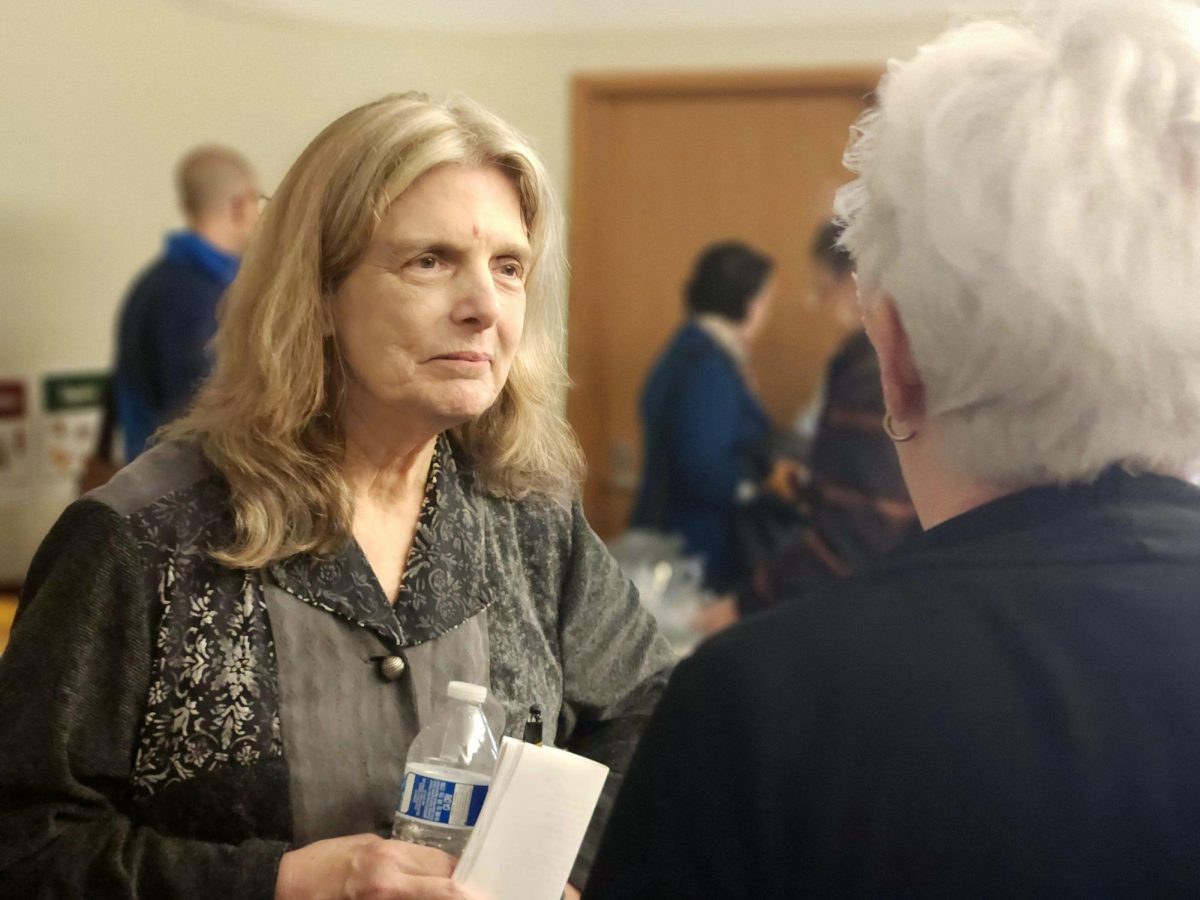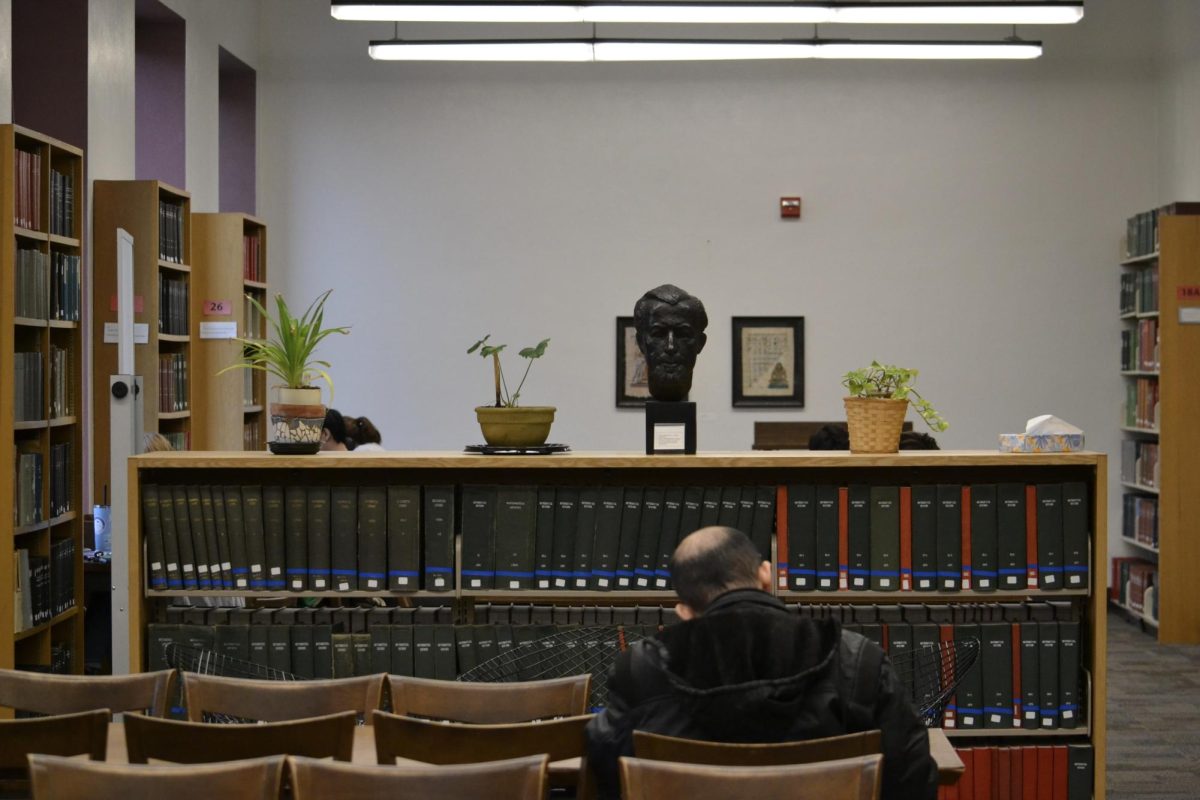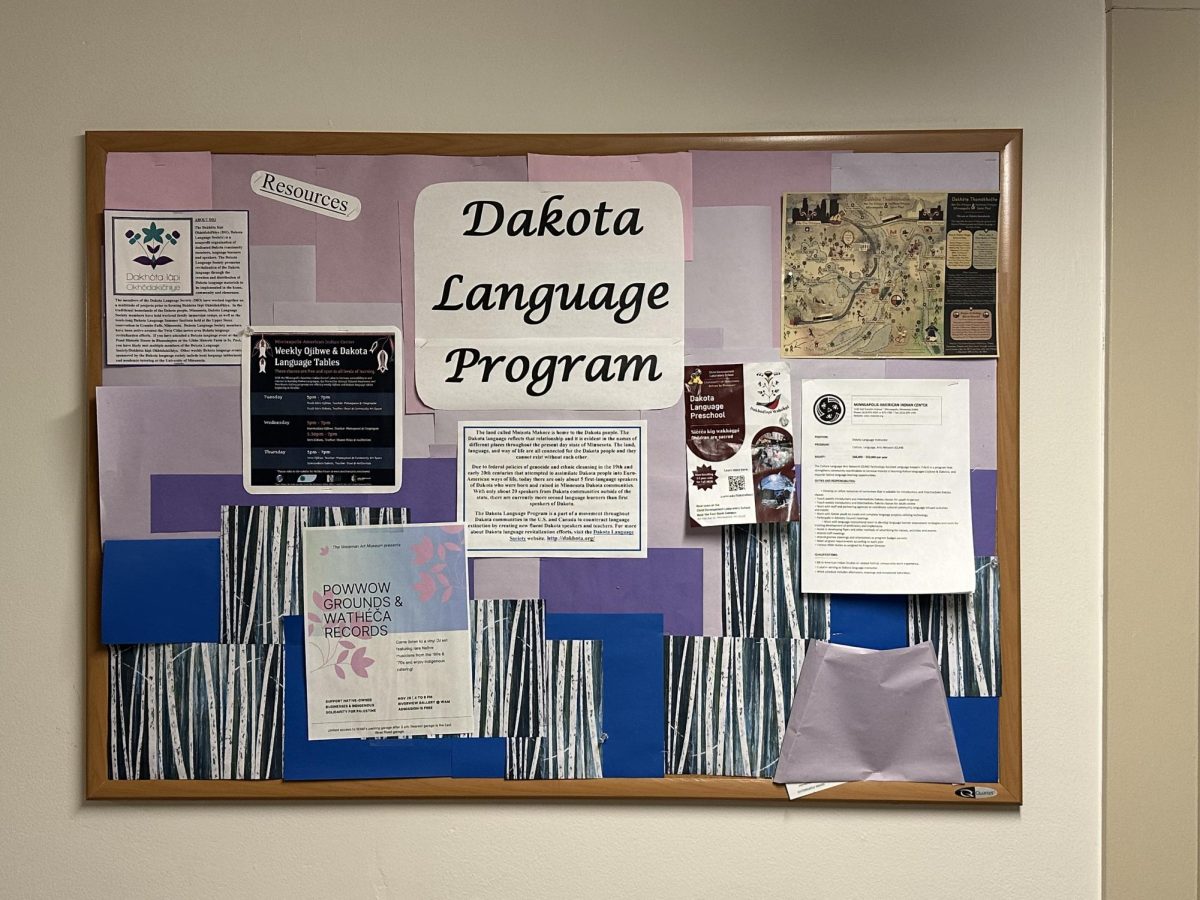Honors students received new academic advisers this semester following a revamp of the honors advising program last spring which caused students’ advisers to frequently change.
The honors advising program shifted to a supplemental advising model, allowing students to work with an honors program-specific adviser in addition to supplemental advisers often related to students’ majors. At times, students may have up to three advisers who each serve a different purpose.
Jenna Elbers, a third-year kinesiology honors student, said she now has three advisers after dealing with the changes occurring last spring. Elbers changed her major last year as the advising program started the transition to the supplemental advising model, which made it difficult for her to communicate questions.
Elbers has one adviser from the College of Education and Human Development who deals with general student services issues, another adviser from the kinesiology department who deals with major-specific questions and an honors adviser who deals with questions about the honors program.
“Now that I’ve met with all three advisers, I feel like I have more of an idea of who I should go to for what issues,” Elbers said. “Starting off, I didn’t know who to meet with first, so I would meet with one person and have questions and they couldn’t answer any of my questions and would refer me to one of my other advisers.”
Elbers said it has been difficult having three advisers as opposed to one adviser who could answer every question.
“I never had any issues communicating with my old adviser because she almost always answers my questions or gave me direct contacts of people I should reach out to with my questions,” Elbers said. “Now it’s a little more work for me to go to one adviser for certain questions and another for different questions.”
Jordan Voigt, a third-year architecture student who is also in the honors program, said she got a new adviser last spring as part of the changes to the advising program. According to Voigt, her adviser last year gave her incorrect information about recommended classes as she is attending a study abroad program in Denmark next semester.
“She advised me to take a specific studio (a 6-credit architecture class) and another specific class that supposedly are made to fill our requirements for graduation,” Voigt said. “After getting my new adviser from the College of Design, I met with him to talk about those classes and emailed him about it and he said, ‘Actually, those are wrong.’”
After she brought up these issues with both her new honors adviser and design school adviser, Voigt said her honors adviser had no idea what she was talking about.
“She was pretty much like, ‘Who told you that?’ and kind of gaslighted me. I said, ‘You told me that,’” Voigt said. “It was stressful because it was the beginning of the semester and I was trying to figure out study abroad stuff.”
Voigt has not talked to her honors adviser since their last interaction and said she now relies mainly on her design school adviser for questions. Having three different advisers is unnecessary as a lot of her questions deal with class requirements for both the honors program and her major, according to Voigt.
“You’re busy and stressed out with classes, so you don’t want to be stressed out with trying to figure out how your advising works to figure out your classes,” Voigt said.
Some students say having one adviser made getting assistance easier and less complicated.
Helen Atkins is a second-year cellular and organismal physiology student in the honors program and has not yet met with her new advisers. Like Elbers, Atkins said she has an honors program-specific adviser, a College of Biological Sciences adviser and a School of Music adviser for her music minor.
“I have about five questions I need to ask an adviser, but due to the new structure of advising, I will need to make appointments with three separate advisers to get these questions answered,” Atkins said in an email to the Minnesota Daily. “As a full-time student with a rigorous course load and part-time job, it can be overwhelming to fit multiple advising appointments in.”
Atkins understands why the advising changes had to be made but said she feels the situation surrounding the advising program has not been resolved.
“During the first semester of last year, I had a few meetings and conversations with my adviser and I had reached a point where I felt like we were both familiar with each other,” Atkins said. “This personal connection has been lost this year with the addition of multiple advisers and will be time-consuming to rebuild.”


























